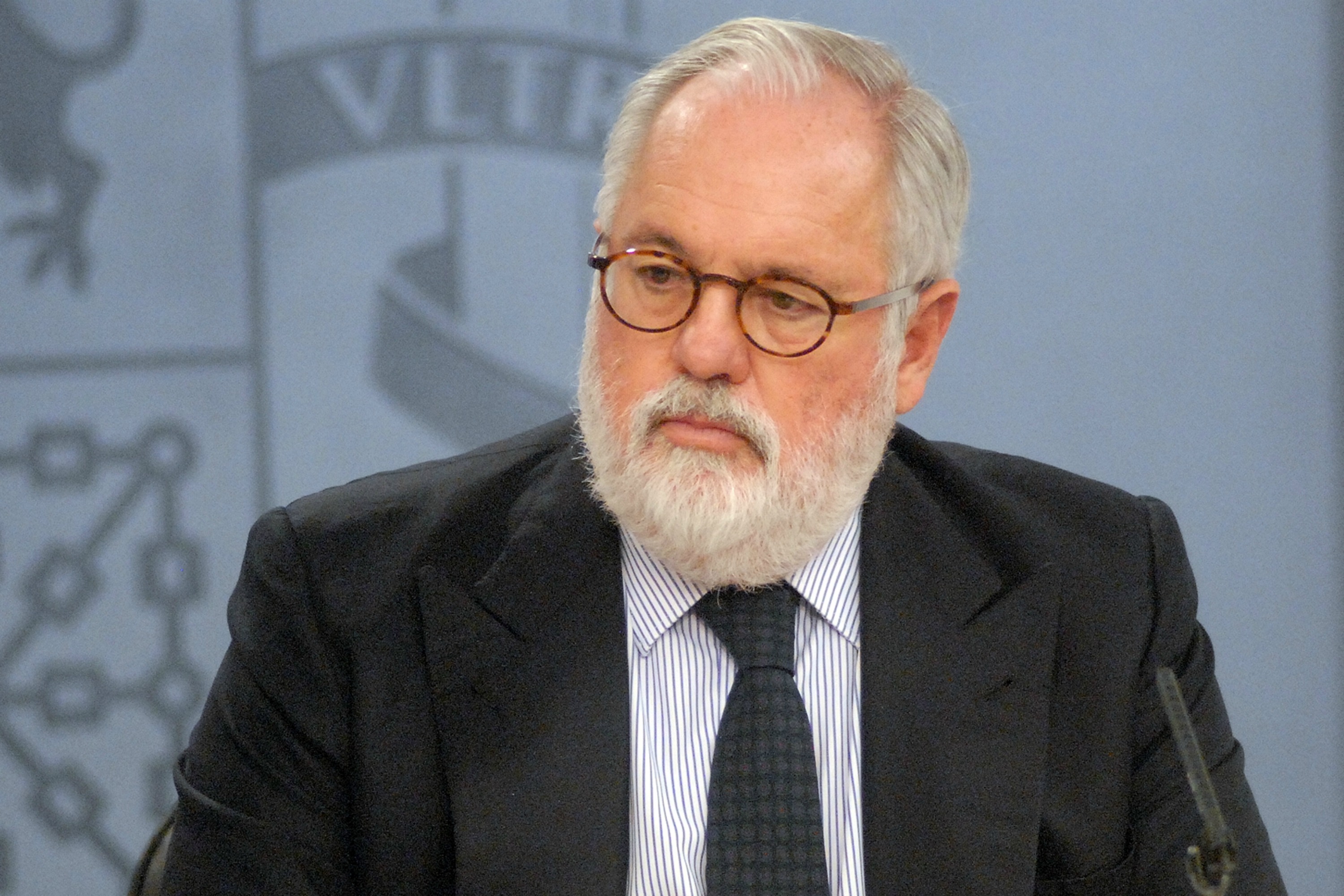In December 2015, thousands of diplomats from some 195 countries gathered in Paris to deliberate once again on how to save humanity and the planet from the threat of climate change. After two weeks of intense negotiations, they emerged with a historic deal, the basic gist of which is a high aspirational goal to cut down enough emissions to limit global warming to 2oC, but strive to achieve an even lower limit of 1.5oC above pre-industrial levels; and to achieve this “as soon as possible”.
Last month, in a follow-up to that deal, representatives of more than 170 countries assembled in New York where they put pen to paper on the agreement and reiterated their commitments to tackle climate change head-on. Still following up on the agreement, climate negotiators are presently gathered in Bonn to chart the way forward on the implementation of that deal.
While these negotiators do what they know best to do, a large section of the global community watches on with enthusiasm, anticipation and hope of genuine progress. However, the fossil fuel industry will be observing those negotiations with jittery concerns, and will find very few reasons to share in the global enthusiasm. And the reason is not far-fetched – successful implementation of the Paris agreement means considerable cut down in carbon emissions, which will require massive reductions in fossil fuel production and consumption. Even the most optimistic CEOs and advocates of the industry will admit that there is real cause for concern. In their boardrooms and hallowed chambers, questions like “what does the Paris agreement mean for our business?” and “can this industry survive a successful Paris deal implementation?” will perennially arise.
Such concerns are surely not unfounded, as many countries have shown a favourable disposition towards the Paris agreement and have restated their commitments to move away from fossil fuels. The unusual steadfastness that many countries’ leaders displayed at the agreement’s signing ceremony in New York especially underlines this commitment. For instance, according to The Guardian, a statement from the EU climate commissioner, Miguel Arias Cañete (pictured), noted that approval of the deal in the EU could take some time, but assured that it will be done as soon as possible. The Brazilian President, Dilma Rousseff – currently suspended – who represented her country at the ceremony was quoted to have said “I take on the commitment to ensure the prompt entering into effect of this agreement in Brazil”. As for the French president, François Hollande, as far as the Paris deal is concerned, “there is no turning back”.
Advertisement
If these resolute pledges are anything to go by, the days – or more realistically put – the years of fossil fuels could well be numbered. However, these diplomatic “tough talks” will be the least of worries for the fossil fuel industry. A more ominous possibility resulting from the Paris agreement is a further crash in investors’ confidence in the industry.
Prior to the Paris agreement, a divestment movement had already begun in which investors, acting either under pressure from environmental groups or out of a voluntary moral duty to contribute to saving the planet and humanity’s future, were withdrawing their financial assets from the fossil fuel industry. Last September, The Guardian reported that 2,000 individuals and 400 institutions, including major pension funds, insurance companies, universities and churches were pulling out money and selling off investments in coal, oil and gas companies, amounting up to a stupendous $2.6tn. According to news from Fortune, renowned billionaire, Bill Gates, divested of the fossil fuel industry last December, and announced during the Paris climate conference the formation of a clean energy investing initiative that has the financial support of fellow billionaires. More recently, Reuters reported that the Rockefeller Family Fund is also divesting from fossil fuels and will “eliminate” its holdings from Exxon Mobil, one of the world’s biggest oil companies.
As global efforts to implement the Paris agreement continues and in light of widely predicted boom in the renewable energy technologies, it is likely that more and more investors in the fossil fuel industry will become increasingly fearful that their investments in the coal, oil and gas sector may either lose value tremendously or may never be dug out of the ground. Apparently, for the fossil fuel industry, the future looks bleak.
Advertisement
This gloomy prognosis for the fossil fuel industry is something Nigeria should watch very closely. For a country that is overwhelmingly dependent on crude oil revenue, her economy is especially vulnerable to any dip in fortune of that industry. Already, Nigeria’s economy is enduring a turbulent revenue shortage problem resulting partly from low crude oil prices. If the world succeeds in its quest to leave fossil fuels in the ground any time in the near future, oil demand and prices are likely to plummet even further, potentially leaving an oil-dependent Nigerian economy spiralling into bankruptcy.
It is this lesson that Nigeria must learn and learn quickly. Some other oil-producing countries have seen the handwritings on the wall and are already acting to diversify their economies. Saudi Arabia, for instance, is working to reduce dependence on oil by building the magnificent King Abdullah Economic City – one of six proposed economic cities – that will serve as a hub for a more extensive manufacturing and other non-oil industries. While there have been talks of such diversification in Nigeria, the government is yet to take any concrete steps to transform those talks into actions. It appears that the Nigerian government is either inexplicably confident of the invincibility of crude oil or completely oblivious of its approaching obsolescence.
It may be uncertain when exactly the fossil fuel bubble will burst, but that it will burst is looking increasingly certain. Whatever happens, the surest way for Nigeria to prevent further economic woes is to read the signs that the Paris agreement is signalling for the fossil fuel industry and act now to begin developing alternatives to crude oil.
Advertisement






